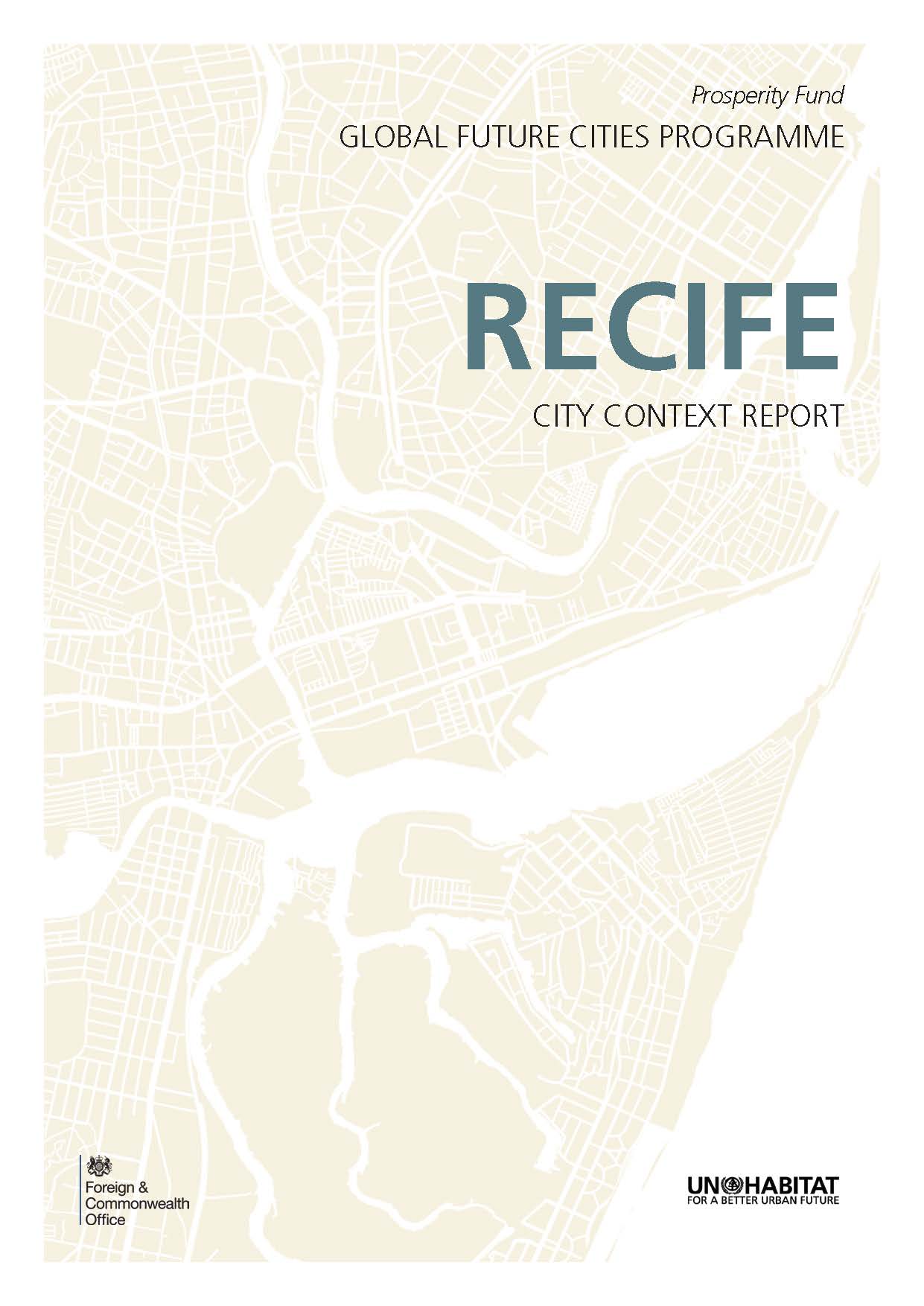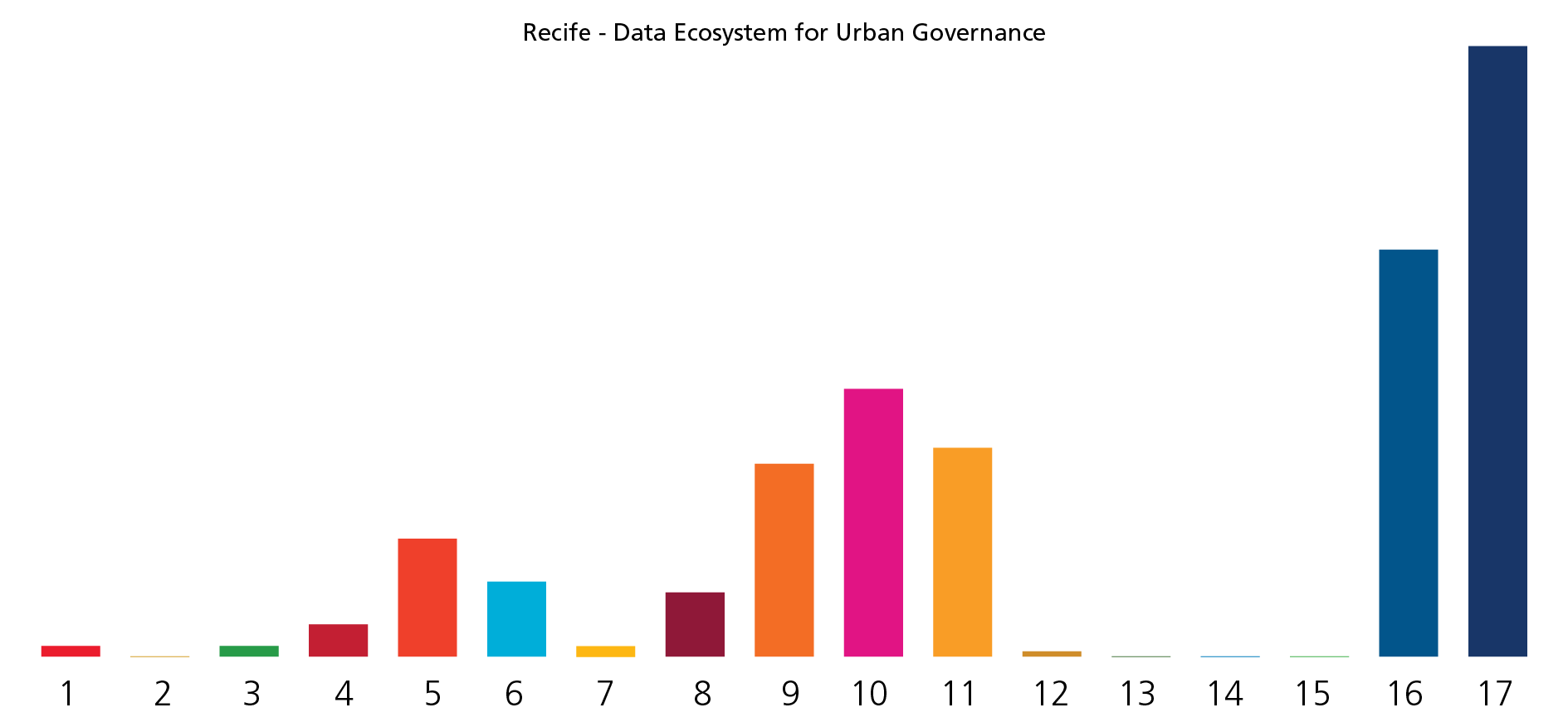Overview
Recife is a coastal city located in the northeast region of Brazil. With a population of 1.5 million inhabitants,it is the ninth largest city in Brazil. Recife is the major city on the Recife Metropolitan Region (RMR), which is composed of 15 municipalities (Goiana, one of the 15 municipalities, joined the administrative region in 2018).
According to the last census, RMR is the sixth-largest urban agglomeration in Brazil and the biggest of the north and north-east region. Recife is the capital of the State of Pernambuco and is its political, financial, educational and cultural centre. With the presence of an international airport and port, Recife has a comparative economic advantage in transport and telecommunications. It is considered a hub for the creative economy and is one of the most business-friendly cities in Brazil. Its most relevant asset is ICT, in which both the city and state are investing in the strategic sector. Hundreds of technology companies and entrepreneurs are located in its business incubators and innovation centres and its technological park, Porto Digital, has become one of the economic centres of Pernambuco. This is also mirrored in the wider population: internet access operates at an average rate of more than 70 per cent, with an average rate of 50 per cent among the lowest-income population.
Despite Recife’s strong and innovative economy, more than 40 per cent of its population is in poverty. According to the Brazilian Institute of Geography and Statistics (IBGE), in 2010 some 852,700 people were living in favelas lacking adequate infrastructure and services. This chaotic process of urbanisation over the years has resulted in increased exposure to floods and natural disasters, creating social and economic losses and occasional losses of life. Urban mobility is also a challenge for Recife and its metropolitan region in terms of congestion and poor quality of public transportation services.
Highlighted Publication

Recife City Context Report
Download Document
Challenges
Projects
1 Data Ecosystem for Urban Governance
View DetailsThe intervention in Recife aims to strengthen local capacities to manoeuvre a significant data framework and achieve impactful results that would improve municipal efficiency and citizen participation. The intervention will contribute to a more transparent, accessible and open city, taking on innovation as a means to build up a sustainable urban culture.
A ‘data ecosystem’ can be understood as “a system of interactions among multiple and distinct agents for exchanging, producing and consuming data.” ‘Urban governance’ refers to “how government and stakeholders decide how to plan, finance and manage urban areas.” An Urban Governance Data Ecosystem (UGDE) is, then, a system of interactions between municipal government and other stakeholders for exchanging, producing and consuming data for better understanding, planning, financing and managing a city.
Project Timeline
-
Charrette
August 2018 -
Validation Workshop
October 2018 -
MoU signing
-
Kick-off Meetings
March 2020 -
SDG Project Assessment Tool Tailoring Workshop
December 2020 -
First SDG Assessment Session
August 2020
SDG TOOL

